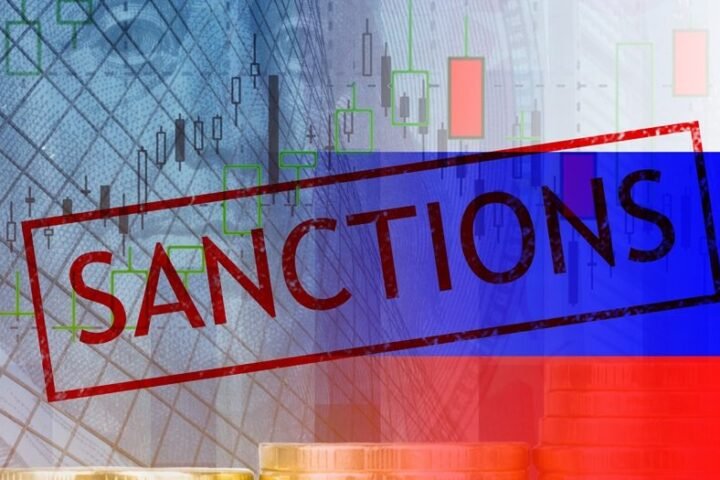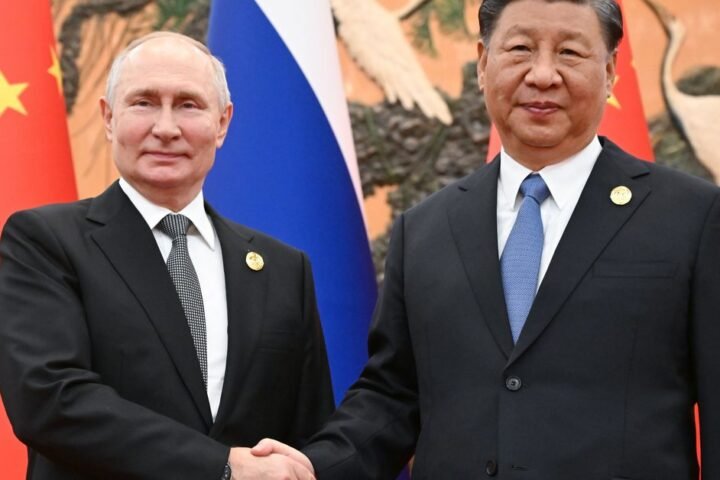On August 24, 2025, the Ukrainian service Radio Free Europe/Radio Liberty published an assessment from the Institute for the Study of War, warning that the Kremlin is intensifying hybrid offensive operations. These include widespread GPS signal disruptions and communication interference targeting NATO member states along Russia’s borders. Countries situated near the Baltic Sea and Russia’s western frontier—Lithuania, Latvia, Estonia, Finland, Poland, and Sweden—have reported a sharp rise in jamming incidents in recent months, accompanied by an increase in Russian electronic warfare (EW) systems deployed close to their territories.
Baltic and Nordic states raise alarms
According to Radio Free Europe/Radio Liberty, Baltic and Nordic governments have formally expressed concern over escalating GPS disruptions. On June 23, 2025, Lithuania, Latvia, Estonia, and Finland submitted a letter to the International Telecommunication Union (ITU) highlighting “growing difficulties with navigation signals affecting air traffic and other critical systems.” Lithuania later accused Russia of orchestrating a dramatic surge in jamming in late July 2025, reporting a 22-fold increase compared to the previous year. Estonia’s regulator stated that 85 percent of flights encountered interference, with misaligned coordinates becoming increasingly common.
Aviation and maritime risks grow
The threat extends far beyond technical disruption. Analysts warn that GPS interference jeopardizes civilian aviation, raising the risk of accidents in high-traffic corridors such as the Baltic Sea and Polish airspace. In March 2024, Russian jamming likely disrupted the satellite signal of a Royal Air Force plane carrying then–UK defense minister Grant Shapps and journalists from Poland to Britain. Maritime safety is also at risk: ships may lose navigational accuracy, leading to collisions, groundings, or ecological damage. Land-based transport and logistics are equally vulnerable, with risks of accidents, supply delays, and cascading economic impact.
NATO faces hybrid pressure
Bloomberg reported that Baltic states are moving to counter Russian signal jamming, stressing the hybrid nature of the threat. ISW analysts argue that Moscow is leveraging EW innovations developed during the war in Ukraine to undermine NATO defenses and test the alliance’s resilience without direct military confrontation. The disruptions also extend to civilian services such as car navigation, agriculture, logistics, and emergency responders, amplifying a sense of vulnerability among populations in affected states.
Calls for coordinated NATO response
Experts emphasize that NATO members must shift from verbal condemnations to coordinated countermeasures. Proposals include targeted sanctions against Russian military and civilian figures, as well as companies involved in EW system production. Governments are also urged to define clear thresholds for when GPS jamming will be treated as deliberate aggression rather than technical malfunction, triggering stronger responses. Some argue NATO should deploy its own advanced EW capabilities along vulnerable borders to deter further Russian actions. Additionally, the ITU and the International Civil Aviation Organization are being pressed to enforce stricter norms and sanctions against Russia for deliberate signal disruption, which poses a direct threat to global aviation safety.
Russia’s hybrid campaign underscores a growing trend: the use of electronic warfare not just as a battlefield tool in Ukraine, but as a strategic instrument to challenge NATO’s security architecture and everyday civilian infrastructure across Europe.










